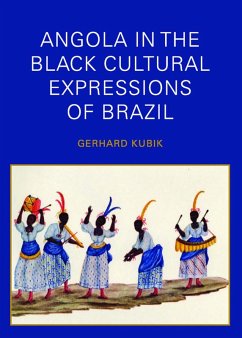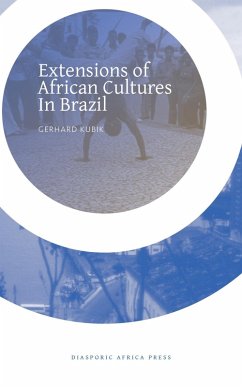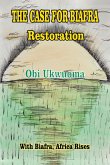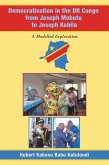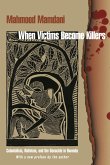The transplantation of African musical cultures to the Americas was a multi-track and multi-time process. In the past many historical studies of African diaspora music, dance and other aspects of expressive culture concentrated on events in the Americas. What happened before the American trauma and simultaneously in Africa was often looked at unhistorically. In this book, world-renowned ethnomusicologist Gerhard Kubik considers African music and dance forms as the products of people living in various African cultures which have changed continuously in history, absorbing and processing elements from inside and outside the continent, creating new styles and fashions all the time. African diaspora music then appears as a consequent and creative extension overseas of African musical cultures that have existed in the period between the sixteenth and the twentieth century. From this perspective African diaspora music cannot be described adequately in terms of "retentions" and "survivals," as if African cultures in the Americas were doomed from the outset and perhaps only by some act of mercy permitted to "retain" certain elements. Using field research and documentary sources, Kubik tracks down some aspects of the Angolan dimension in the panorama of African music and dance cultures in Brazil, and also addresses methodology applicable in the wider context of African diaspora cultural studies.
Dieser Download kann aus rechtlichen Gründen nur mit Rechnungsadresse in A, D ausgeliefert werden.

